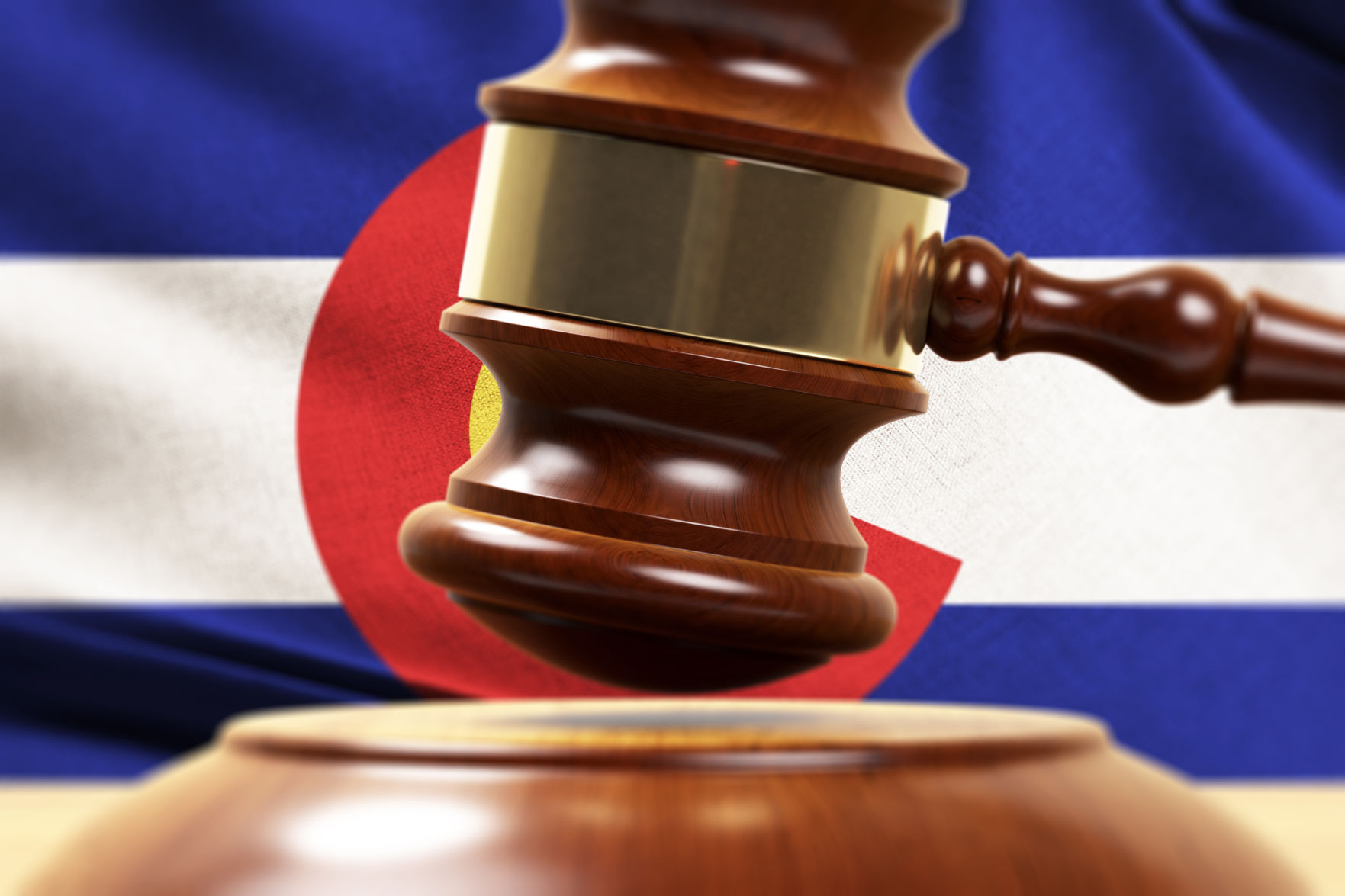10th Circuit partially turns aside special education appeal of Colorado Springs student

For the third time in three years, the federal appeals court based in Denver has turned away a legal challenge to a Colorado Springs school district’s provision of special education services, finding the case was based on a version of the student’s educational plan that was no longer in effect.
However, a three-judge panel of the U.S. Court of Appeals for the 10th Circuit did not entirely close the door on the student — identified as Patrick G. — and his parents, instead ordering a lower court judge to determine whether the family is entitled to attorney fees and other reimbursements from Harrison School District 2.
Patrick’s lawsuit alleged several deficiencies with his 2016 individualized education program, or IEP, and sought to remain at the private Alpine Autism Center. The school district had intended to move Patrick to Mountain Vista Community School, a public institution with an autism program.
While the legal challenge was pending, new IEPs took effect for Patrick in 2019 and 2020. Patrick’s lawyer conceded the litigation over the 2016 plan was technically moot, but argued there was still a controversy for the court to decide, given that the types of problems Patrick encountered with his IEP could resurface in future iterations.
The 10th Circuit, however, was unconvinced.
“Vague assertions that a school district and a student’s parents will continue to ‘lock horns’ over a student’s placement cannot, on their own, make out a reasonable probability that the same legal controversy will repeat itself,” wrote Judge Jerome A. Holmes in the July 26 opinion.
Congress enacted in 1975 the Individuals with Disabilities in Education Act, with the requirement that states provide disabled children with a free and appropriate public education. The IEP is the basic method of carrying out that promise. In 2014, Patrick’s parents and the parents of three other Harrison School District students filed a complaint with the state to block the district from moving their children out of Alpine and into a public school.
The parents prevailed in the short term, but with each student’s 2016 IEP, the district sought to again place the children in other facilities. An administrative law judge determined the school district had, in all instances, offered a free and appropriate public education in accordance with IDEA. The parents sought a review of that decision in U.S. District Court, and each case generated a 10th Circuit appeal.
The appellate court decided the first two appeals within months of each other in 2019. The 10th Circuit concluded the parents were contesting alleged procedural failures in 2016 that were not certain to recur for future IEPs. Therefore, such legal controversies were moot, unless the parents could show the school district was capable of replicating its conduct.
Although the parents contended they would have to continue to engage with the district for their children’s IEPs, “there is no reason to conclude — must less a demonstrated probability — that any subsequent IDEA challenge will be premised on the same procedural shortcomings by the District that Mother challenges in this case,” wrote Senior Judge Mary Beck Briscoe in Steven R.F. v. Harrison School District No. 2.
Shortly after the 10th Circuit’s decisions, U.S. District Court Senior Judge Marcia S. Krieger dismissed Patrick’s case, finding it moot according to the appellate court’s logic. She briefly noted Patrick’s request for attorney fees stemming from the earlier administrative hearing, but decided she could not rule on those due to the case’s mootness.
Patrick turned to the 10th Circuit, arguing his underlying concern had been consistent at every stage of the proceedings in opposition to a move away from Alpine.
“The School District refuses to educate Patrick at an autism specific separate school and, over the parents’ objection, insists that he be educated in a traditional public school,” attorney Jack D. Robinson wrote. “The May 2016 IEP, and every subsequent IEP, attempts to effectuate this change in educational placement.”
Holmes, during oral arguments in 2021, asked the school district’s lawyer whether Patrick’s lawsuit involved a problem that could repeat itself and, therefore, was not moot.
“Let’s say there is a determination made every time that says X,” Holmes said. “Why isn’t the parent in a situation of saying, ‘I know what’s gonna happen next year, which is they’ll make the same determination?'”
The school district explained that Patrick’s claims were specific to the 2016 IEP and the plaintiffs had given no reason to assume future IEPs would contain similar disputes.
The 10th Circuit applied its rationale from the prior cases and determined Patrick’s lawsuit was similarly moot. Holmes quoted from a decision of the Chicago-based Seventh Circuit, which reasoned that looking back in time at a student’s old IEP would fail to illuminate the child’s current needs given their development.
“Patrick’s factual circumstances have no doubt changed in the five years since he originally brought the due process complaint at issue here,” Holmes wrote. “Patrick’s parents do not demonstrate how these allegations still represent a live controversy.”
However, the 10th Circuit did not fully dismiss Patrick’s claims.
Although the administrative law judge found the school district offered Patrick a free and appropriate public education, the decision ordered Harrison School District to reimburse Patrick’s parents for monthly premiums to their insurance company and for other amounts stemming from Patrick’s education. Because Patrick prevailed on those issues, the plaintiffs argued the school district should pay their attorney fees for the case.
The appellate panel decided Krieger mistakenly dismissed that request when she found Patrick’s underlying claims to be moot. The panel returned the case to the trial court for a ruling on whether Patrick was, in fact, a prevailing party who could receive attorney fees. The judges also directed the trial court to resolve whether the school district could make reimbursement payments directly to Patrick’s insurance company.
The case is Patrick G. v. Harrison School District No. 2.













